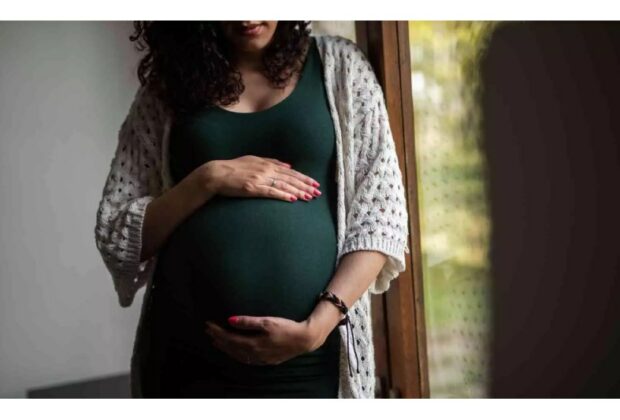A National Institutes of Health (NIH)-supported study of nearly 2 million pregnancies found that although the prevalence of chronic hypertension in pregnancy doubled in the US between 2007 and 2021, only about 60% of pregnant women with the potentially fatal condition received antihypertensive medication.
The National Heart, Lung, and Blood Institute (NHLBI) of the National Institutes of Health (NIH) financed the study. Although the researchers did not investigate the causes of the increase, they hypothesized that increasing mother age, rising obesity rates, and other factors were likely involved. The journal Hypertension published the findings today.
“These results are extremely alarming due to the high rate of maternal death in the United States, which is associated with chronic hypertension during pregnancy,” said Stephanie Leonard, Ph.D., the study’s principal investigator and an epidemiology at Stanford University School of Medicine in California. “The study highlights the critical need for improvements in care for this serious condition, even though safe and effective treatments are available for chronic hypertension.”
Having consistently elevated blood pressure before or within 20 weeks of gestation, measured in millimeters of mercury (mm Hg) at 140/90, is known as chronic hypertension in pregnancy. The illness raises the chance of premature birth or low birthweight babies and can harm an expectant mother’s organs. If left undiagnosed and untreated, it can be lethal.
Because Black, American Indian, and Alaska Native people have the greatest rates of poor maternal health outcomes and pregnancy-related fatalities in the country, their experiences make the study especially pertinent to them.
“We need to better understand gaps in treatment for chronic hypertension, especially in these high-risk groups,” stated women’s health research specialist Candice A. Price, Ph.D., program director at NHLBI. “If we’re not detecting and treating chronic hypertension early, that’s a missed opportunity for protecting heart health during and after pregnancy.”
In order to conduct this study, researchers examined the prevalence of chronic hypertension and the use of oral antihypertensive medication among 1.9 million pregnant individuals aged 12-55 years, using a sizable database of U.S. commercial insurance claims from 2007 to 2021.
The number of pregnant women with chronic hypertension more than doubled, from 1.8% in 2008 to 3.7% in 2021, according to the study. Additionally, they discovered that the proportion of people with chronic hypertension who used antihypertensive medication increased from 58% to only 60% over the course of the study.
Although the study’s focus was not on the cause of the dramatic rise in chronic hypertension during pregnancy, Leonard pointed out that the increase was in line with trends in both the general adult population in the United States and previous eras of hypertension observation.
For instance, a previous review of national data from 1970 to 2010 revealed that women giving birth later in life may have contributed to the rising trend in chronic hypertension during pregnancy. Researchers found that women with chronic hypertension in the current study tended to be older than women without the illness.
Along with other variables like improved medical record-keeping of the frequency of chronic hypertension and enhanced attention in detecting it, rising rates of obesity may also be contributing to the increase.
Leonard and associates examined the possible effects of the 2017 revisions to the American College of Cardiology and American Heart Association’s hypertension guidelines, which lowered the bar for diagnosing hypertension in all adult populations. They did not discover any correlation, though, at least not yet.
The blood pressure criteria for diagnosing stage 1 were redesigned from 140-159/90-109 mm Hg to 130-139/80-89 mm Hg, and for stage 2, which carries the highest risk to health, from higher than or equal to 160/110 mm Hg to greater than or equal to 140/90 mm Hg. Leonard noted that evaluations of the years after the 2008–2021 time frame she and her team examined might reveal the influence of the guidelines.
Experts advise women to regularly visit their doctor, take antihypertensive drugs as directed, and monitor and control their blood pressure at home in order to manage hypertension during pregnancy.








